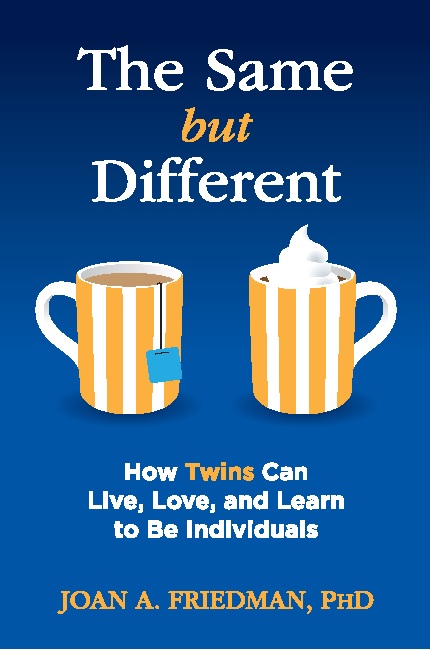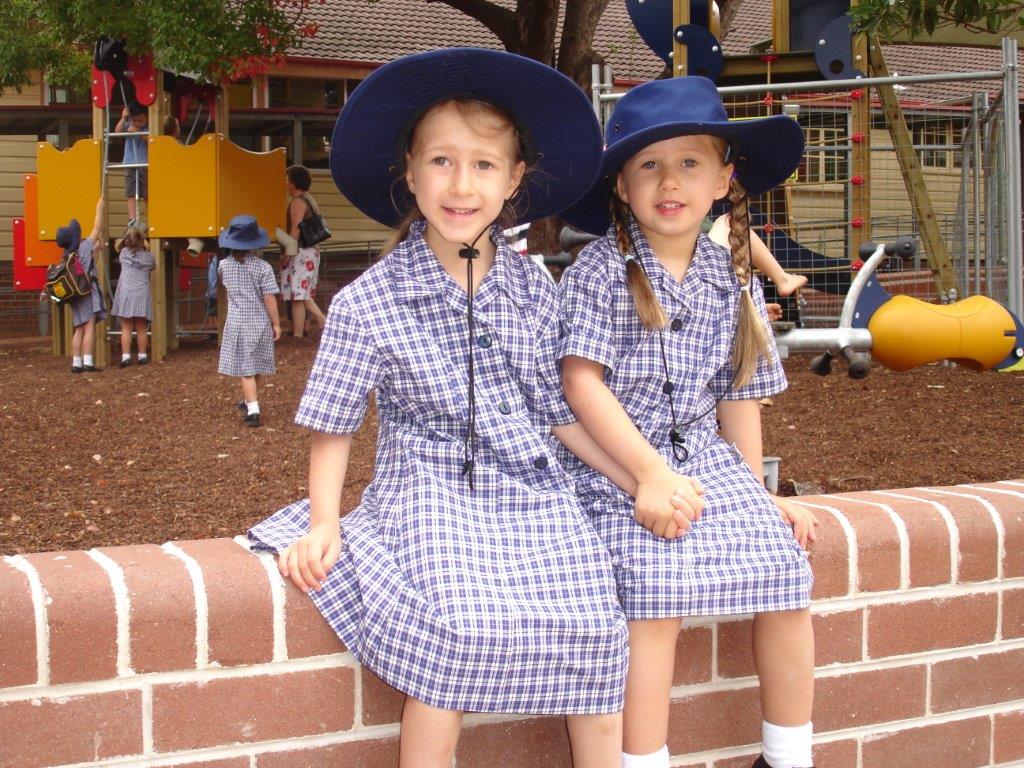
International Multiple Birth Awareness Week 2014
16 – 23 November
Helping Our Multiples Shine as Individuals
This theme goes beyond the words and actions of multiple birth parents; it is a reflection for immediate and extended family, friends, caregivers, educators and medical professionals to consider their interactions with the multiples. It also reminds the media and general public to consider how they view and treat twins, triplets and more.
“Twinning rates in western nations have increased dramatically over the last three to four decades. Recent statistics show that twinning rates have virtually doubled since 1980, reaching a high of 1/30 births. This increase is party explained by the fact that (1) women are delaying the child-bearing years, leading to increased fraternal twinning, and (2) infertile couples can take advantage of a wide range of assisted reproductive technologies to have families. All of this means that greater attention to the unique psychological and behavioural circumstances of twins, triplets and more is needed. No one knows this better than the members of ICOMBO (International Council of Multiple Birth Organizations) in their launching of International Multiple Births Awareness Week, 2014.The theme of this year’s event is fitting and timely: “Helping Our Multiples Shine as Individuals”. Twins grow up in tandem, sharing birthdays, school grades and many other experiences. They are often seen together, causing many people to view them as an inseparable unit. However, twins are individuals in addition to belonging to a unique and special twosome. Even identical twins who share all their genes show differences, possibly linked to early birth events or school experiences. Celebrating each twins’ individuality, while acknowledging their twinship, is a key goal toward which we should all aspire. “
Nancy L. Segal, Ph.DProfessor of PsychologyDirector, Twin Studies Center
“Nurturing individuality within a twinship is a developmental process that requires attention and attentiveness. Right from the start it is important to think about twins as two babies who happen to be born at the same time. Spending time alone with each baby helps parents get acquainted with the babies’ distinct temperaments. It also facilitates bonding, which is quite overwhelming at the outset when caring for two babies. Feeling attached to both babies individually helps mitigate our natural tendencies to have preferences, make comparisons, and create labels.
As our twins grow into their distinct selves and we concentrate our efforts on parenting two different children, we must resist becoming seduced by the ‘twin mystique’. This term implies how easily we slip into embracing a romanticized notion of twinship. It is crucial for our twins’ emotional well being that we champion their autonomy rather than have them live up to the doctrine of best friends forever. If we can enable our twins to articulate some of the hardships and obstacles they confront, they will have the capacity to develop a simultaneous appreciation of separateness and connection. Ultimately this will put them on their path toward healthy intimate connections as adults.”
Joan A Friedman PhD www.joanafriedmanphd.com Author of Emotionally Healthy Twins and The Same but Different
One of the challenges faced by parents of twins and higher order multiples (triplets and more) is to foster the individual development of each child while encouraging the unique bond between their children. In order to assist their multiple birth children to shine as individuals, parents must encourage them to make individual decisions.
For twins and higher order multiples to grow into strong, independent adults, they must learn to make their own, individual choices. Sometimes being an individual means that the ultimate choices are the same and sometimes it means that the multiples will choose very different paths. The important note here is that the multiples have been able to make their choice as individuals and not as part of a set.
Encouraging Individuality – a fact sheet from Multiple Births Canada
Helping Our Multiples Shine, an article by Nancy L. Segal Ph.D.
Twinship – An Emotional Seesaw, by Joan Friedman
Susan and her Twin Sons Commenting on Individuality and Twinship
ICOMBO is grateful to the following for their assistance and support for International Multiple Birth Awareness Week:

Dr Nancy Segal
Visit Dr Segal’s website for information on her work and her books on twins.

Dr Joan Friedman, author of the following titles.
The Same but Different: How Twins Can Live, Love and Learn to Be Individuals
Emotionally Health Twins: A New Philosphy For Parenting Two Unique Children
She is a twin and mother of 5, including twin boys.
You can visit her website for more information

